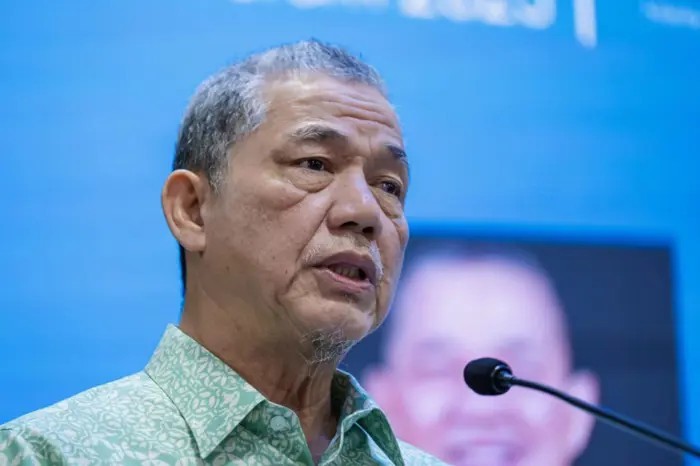
KUALA LUMPUR: Malaysia, together with the broader Asia-Pacific region, is at a critical juncture in the transformative process towards a greener economy.
The fact that there are still some states in Malaysia that have remained relatively rural has not helped the progression.
However, states like Sarawak where some communities still live away from the city have decided to take matters into their own hands and leverage their own unique strengths.
Department of the Premier of Sarawak, climate change, energy and sustainable development adviser Angelia Liew San Chuin said the state took the opportunity to lead the charge in the green energy transition back in 2017.
“Energy has played a very important role in Sarawak’s development, it has not only powered our industrial growth but attracted long-term investments,” she said during the UN Asia Pacific Business Forum 2025 here yesterday.
According to Liew, the state’s strengths lie in its abundance of hydropower and strong leadership.
She said the Batang Ai Hydroelectric Plant enabled them to install about 50MW of solar hydro-hybrid system last year, as they await the completion of the Baleh hydro plant in 2028.
“About 70% of our electricity is now renewable. This will continue to be a stepping stone for us to boost our electricity to the capacity of 10GW by 2030 and 15GW by 2035,” she said.
She added the state is currently creating a full hydrogen ecosystem, starting from producing green hydrogen, into the mobility infrastructures, as well as the international partnership with other nations like Japan, South Korea and also the Chinese.
“The goal is to set Sarawak as a key player in the regional hydro economy, while continuing to push clean energy in the country,” Liew said.
Among other projects that Sarawak will set up include a wind tunnel and the development of green ammonia with the Japanese, as well as the exploration of sustainable aviation fuel.
“We want our people especially here in Sarawak to lead the charge. This is also why we are providing opportunities for our young locals to participate in the green energy transition, we want them to see sustainability as an invitation to higher paths,” she said.
This was in line with Deputy Prime Minister Datuk Seri Fadillah Yusof’s opinion that Malaysia is well-positioned to become Asean’s epicentre for clean energy research, technology deployment and sustainable financing.
He said as Malaysia takes the chairmanship of Asean this year, there is much that can be done to remain at the forefront of this agenda.
“We will continue promoting the country as the regional focal point for green hydrogen development, facilitating research collaborations and infrastructure investments to establish a competitive hydrogen economy,” he said.
Fadhillah also noted Malaysia will lead Asean’s engagement with the United Nations Economic and Social Commission for Asia and the Pacific, the Asian Development Bank, the International Renewable Energy Agency and other global stakeholders.
“We will advocate for increased access for climate financing, technology transfer and capacity building and the greater integration of Asean economies into global economies.”
Meanwhile, Fadhillah said the Asia Pacific Green Deal has proven to be a comprehensive blueprint for sustainable growth, with a strong emphasis on clean energy investments, technology transfer and climate resilience.
He said for it to become a reality, nations in the Asia Pacific must work collectively.
“Countries like Malaysia, Indonesia and Vietnam can leverage their renewable energy potential to create cross-border energy trade systems, while developed nations in the region, such as Japan and Australia, can support capacity-building and technological advancements.”
Source: https://www.thestar.com.my/business/business-news/2025/04/11/sarawaks-energy-leap-might-hasten-green-agenda

